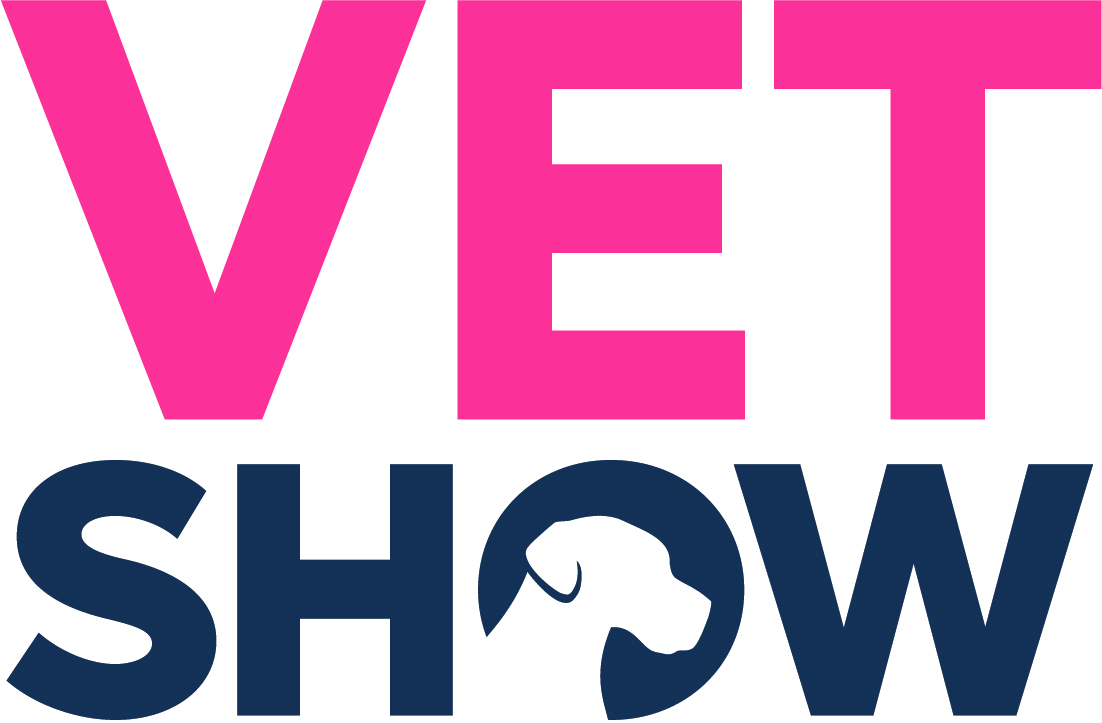In the Spotlight: Bond Vet
.png/fit-in/700x9999/filters:no_upscale())
Dr. Zay Satchu, Chief Veterinary Officer and one of three co-founders of Bond Vet, took time out of her busy day to speak with us about all things Bond Vet: its origin, its values, and its attitude toward COVID-19.
The creation of Bond Vet, from inception to design
Zay grew up in the veterinary world. She was in her early teens when she first started volunteering and as she became older and practiced in different environments, she began to see a lot that could be changed in the veterinary world. People were starting to talk about the high suicide rate in the industry, the burnout, the fatigue, and the turnover rate of team members. She was also able to witness operational inefficiencies and failures within people management. These problems just didn't sit right with her.
'The creation of Bond Vet was triggered by thinking through how we could add additional value to clients. As we look at the human health space for guidance and parallels, I feel like the veterinary industry and human health space can continue to learn from each other. The switch to human urgent care as this middle ground of serving clients in a different way: that's something that took human health care by storm.''
For Zay, this was something she wanted to incorporate into the veterinary space; not only creating a place where the design would bring additional comfort to pets, but wanting to push the industry to change.
When it comes to making pets comfortable, Bond Vet has unleashed the gold standard. A huge element of their design was created from the perspective of the pet. Their low, long, cushioned benches in the waiting room bring comfort to pets ('we all know that really clingy golden that has to sit right up next to mom and dad when they're nervous,' says Dr. Satchu), as well as the exact temperature of the lighting, calming pastel colored walls, and favorable friction of the floor. These elements are warm and inviting--not only from the pet's perspective, but for human beings too--acting 'very much like a living room as opposed to a more sterile medical facility,' she notes. Who wouldn't want to wait in this room? Pets and clients alike!
Curbside care: Comfort and code of conduct
Bond Vet's approach to curbside care shows they value the clients' needs just as much as the patients'. 'This has been such an interesting shift in the veterinary landscape,' says Zay. 'One of the bigger learnings was being very careful not to lose what makes what we do so special: that human touch component,' she adds, also acknowledging the hard part of actively trying to remove that human touch component to safeguard team members. Zay believes there's a way to deliver care without it needing to be face-to-face.
'It's about understanding what it is that makes the interaction special for those human beings that are coming to our front door. Some people just want a quick in and out (that makes total sense). Some people are looking for that added level of comfort and understanding as to either what they're going through or the time they need to help make decisions. It's important to not cause us to turn into animal treating factories, which there's obviously a risk, in the way that we're practicing now. Not losing that human touch will always be important.'
'Another crucial piece of curbside care is team safety and protection. Zay notes that this is where curbside drop offs began and it will continue to be most important, saying 'I think it'll be in our best interest to make sure that we're looking after the people that are so desperately trying to look after the pets that need all of us right now.' To best protect staff, Dr. Satchu suggests developing protocols and processes, grabbing everyone's opinion, and benchmarking what needs to be done as a group to maintain safety. She even recommends designating someone to be a kind of 'shift lead,' to make sure everyone is abiding by the rules. In the end, it will help everyone. 'The protocols help all people feel like they are being looked after, which is what is important right now.'
Looking into the wealth of telehealth
Tons of practices are navigating telehealth right now. For Bond Vet, Zay says that the reception from clientele has been outstanding. She's happy to see people being so appreciative of something new. 'People feel good, clients feel good. That's the most important thing when it comes to the care delivery for the pet, because if you can start that relationship off right, oftentimes you can continue to provide care.''
She notes, however, that there can be roadblocks to telehealth, like when you need a pet to come in after realizing there's nothing more that can be done over the phone. 'There are also so many questions that come up,' she says, 'that you take for granted being able to have the pet in front of you.' Dr. Satchu understands that while there's plenty of room and opportunity for telehealth, the industry is still trying to figure out the gray zone of in-person treatment vs. empirical methods that don't affect the animal as much as the risks. As time goes on, she knows vets will better understand the risks, but for now, 'It definitely has a place, especially for things like rechecks, or education pieces around client's kitten and puppy appointments.''
It begins to seem like the owner acts as another veterinary assistant during a telehealth visit. Dr. Zay looks back sympathetically about the owners who, when asked to show the color of the gums or the area for concern, place the phone too close, or have lighting that makes it hard to see anything.'
'People are trying their absolute best and they should be given kudos and credit. It's tough because we're so active with our hands, and I hope that this pandemic reminds veterinarians of their significant worth.'
PPE donation: An easy decision?
When Bond Vet saw what was going on in the world, donating their stock of PPE wasn't even a question. 'Nobody stressed about it,' she recalls.'
'We had team members who had family that stitched masks for us over the span of a couple days. People pitched in and did a lot to help, and I think whatever we could do to help, that was going to be our job. That's part of a veterinarian's job, to make sure that we're helping the community as much as possible.''
Bond Vet has donated about 50-75% of their PPE supply to NYC hospitals and shelters in need.'
Tips for calming stressors
Dr. Satchu likes to break down stress into three categories: mental, physical, and emotional.'
'When it comes to mental stressors,' she says, 'that's usually a result of thinking about too many things that are ongoing at the same time.' Her advice? Taking the appropriate time to just breathe, and letting your body catch up with your brain. Zay encourages her team to avoid talking about cases and medicine when they go home, noting the importance of detoxing after a shift or week.'
According to Zay, correcting the physical aspect of stress means doing what we can to make our bodies feel good: 'Some people jump into yoga. For some, it's cooking. For me, it's definitely cooking and cleaning. I don't know what it is about cleaning but it's so gratifying. Your body just needs to be doing something that feels like you're accomplishing something.''
When it comes to emotional stressors, Zay acknowledges that what veterinary teams are going through can be exhausting. As she points out, 'We're dealing with people that are maybe a little ticked off that they can't come into the facility, or this is different for them so they lash out. The world is scary right now to travel, so that emotional distress can take a toll on team members.' Zay believes using tech can help connect virtually, letting you see another person's full face, their expression, without the mask on.'
'We just have to learn a different way of doing things,' she says, 'And try these novel approaches to help our team members, or ourselves, excel after this pandemic--outside of just surviving COVID.'
Bond Vet will be joining us at New York Vet again this year! Stop by their booth to meet the team and learn more about 'the most passionate team in pet care.'

